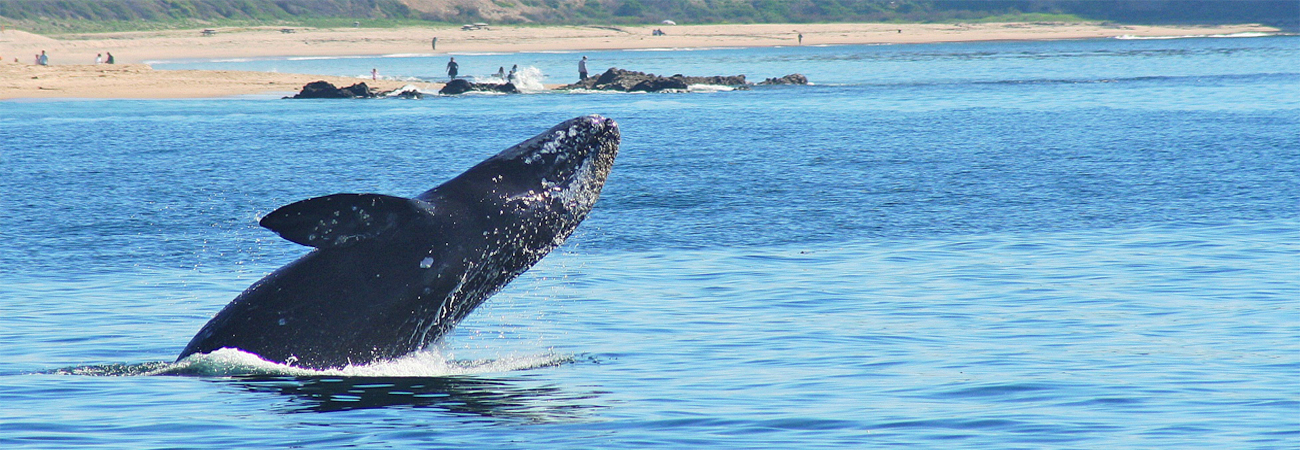
Do Whales Sleep
Whales do exhibit periods of rest, but it is not exactly the same as sleep in the way that humans or land-dwelling animals experience it. Whales are conscious breathers, which means they have to consciously come to the water's surface to breathe. This fundamental aspect of their physiology affects their sleep patterns. Here's a look at the sleeping habits of some whale species:
- Humpback Whales: Humpback whales engage in a behavior known as "logging," where they remain motionless at the water's surface or just below it for extended periods. During this time, they appear to be resting or sleeping. Logging can last from several minutes to several hours. Humpback whales can also sleep while slowly swimming, known as "slow swimming sleep." This allows them to continue moving and maintain a level of awareness.
- Sperm Whales: Sperm whales exhibit a unique sleeping behavior called "vertical sleeping." They suspend themselves vertically in the water column, with their heads down and tails up. This sleep posture is believed to conserve energy while still allowing them to surface and breathe regularly. Sperm whales typically have brief periods of sleep that last for around 10 to 15 minutes, interspersed throughout the day and night.
- Gray Whales: Gray whales are known to engage in "logging" behavior similar to humpback whales. They can be observed at the water's surface, often motionless, with their blowholes exposed. This resting behavior is believed to be a form of sleep. Gray whales may also sleep while slowly swimming near the surface.
- Blue Whales: Blue whales are the largest animals on Earth and have unique sleeping patterns due to their immense size. They engage in a behavior known as "drift diving," where they descend to deep depths while sleeping. During this time, they maintain a slow pace, conserving energy. Blue whales can sleep in short periods that last for about 10 to 20 minutes at a time.
- Beluga Whales: Beluga whales are known to sleep while swimming close to the water's surface. They often exhibit a reduced level of activity during periods of rest, and their breathing patterns become more regular. It is thought that they can sleep with one eye open, allowing them to remain vigilant for potential predators or other threats.
It's important to note that much of the understanding of whale sleeping habits comes from observations and research, but studying sleep in marine animals can be challenging. The specific sleep patterns and behaviors of whales are still being investigated, and there may be variations within different populations and individuals.

Reserve your whale-watching trip!
Make your online reservation below, or call (949) 675-0551 to reserve.
SHARE
FOR RESERVATIONS, CALL (949) 675-0551